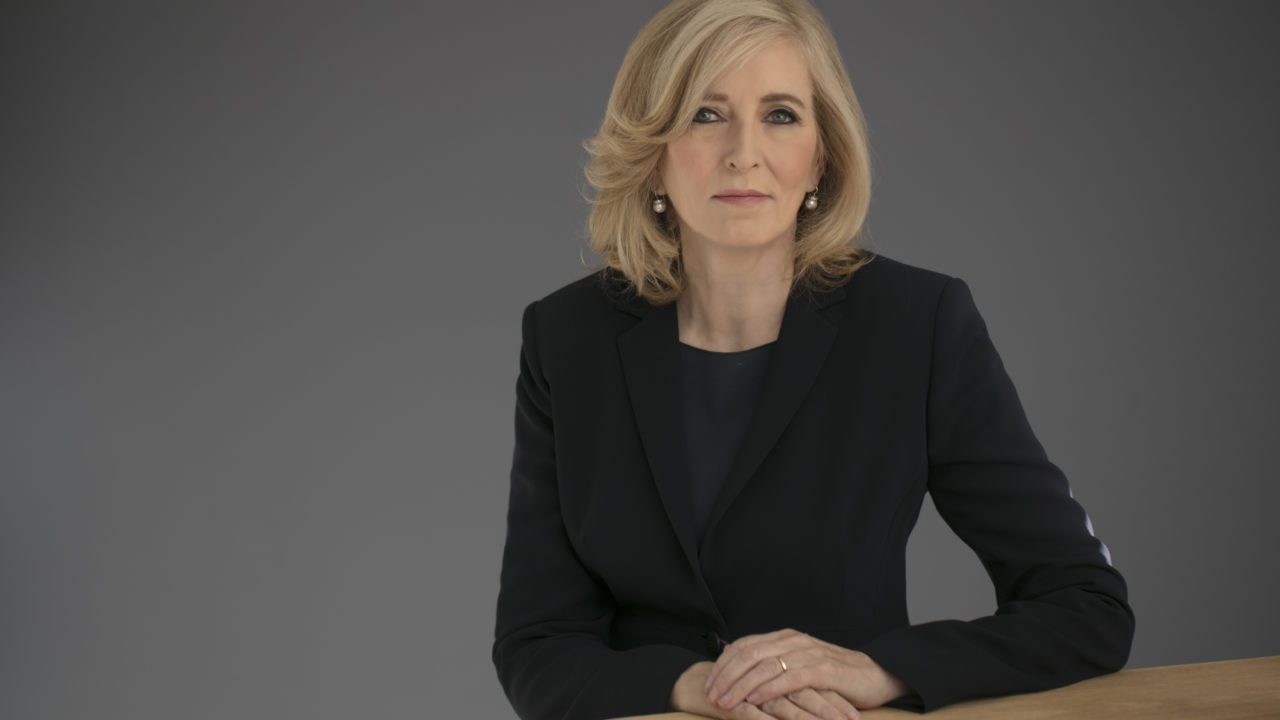The European Ombudsman has written to the EU Commission president to seek clarity on lobbying on the new Common Agricultural Policy (CAP).
In a letter to Ursula von der Leyen, Emily O’Reilly stated that “the climate crisis and environmental degradation are among the biggest challenges of our times”.
“Agriculture is a key sector for the reduction of greenhouse gas emissions, the fight against biodiversity loss and the management of natural resources,” the ombudsman explained.
O’Reilly said that the concrete measures for the new CAP, which will come into force in 2023, will be decided at EU level in the coming months and will then be implemented by member states.
However, the ombudsman noted that “the public needs to be reassured that upcoming decisions related to climate action and environmental protection are not unduly influenced by specific interests”.
“I therefore think it would be helpful if the Commission would explain how it is ensuring transparency and appropriate stakeholder engagement in relation to the CAP,” O’Reilly requested.
CAP questions
In the letter, the EU Commission president was asked about the composition of civil dialogue groups – this is the forum that allows the commission to interact with stakeholders on matters relating to the new policy.
O’Reilly wants to know how the commission will ensure non-economic interests will make up 20% of such groups.
The letter asked about the transparency of the approval process of the national CAP strategic plans.
The Ombudsman welcomed that the commission will publish the observation letters addressed to the member states on the plans.
O’Reilly also sought clarity on the allocation of CAP funds and the accuracy of member states in updating a centralised website outlining where the money goes.
The ombudsman pointed to the interactions between interest groups and the Directorate-General for Agriculture and Rural Development (DG AGRI).
She noted that EU Agriculture Commissioner Janusz Wojciechowski had held more meetings with industry representatives than environmental and research groups between 2020 and 2021.
The letter has asked that a reply is issued from the commission by May 31, 2022.
